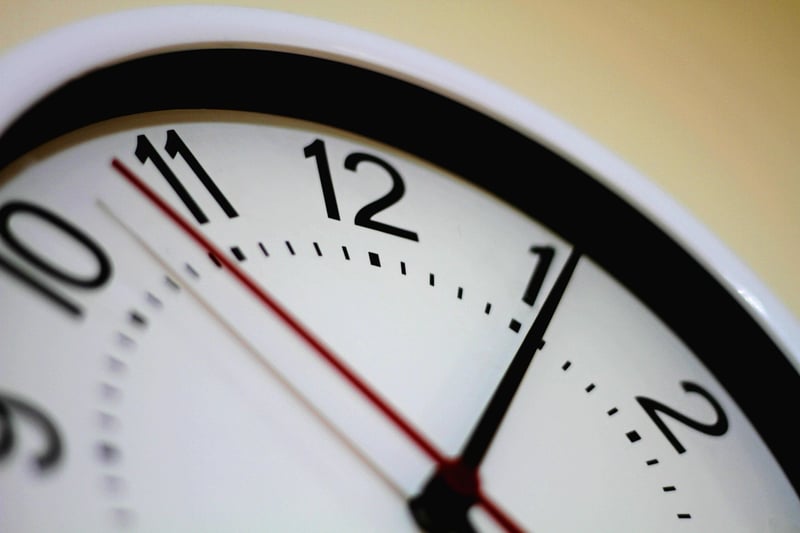Altering Timelines
The Moral Implications of Time Travel and Altering Timelines
Time travel has long been a fascinating concept in science fiction, allowing for stories that explore the consequences of altering the past or future. While the idea of changing timelines can make for thrilling narratives, it also raises profound moral questions about the impact of such actions.
Paradoxes and Consequences
One of the key moral implications of time travel is the potential for paradoxes to arise when altering the past. The classic example is the grandfather paradox, where a time traveler goes back in time and prevents their grandfather from meeting their grandmother, thus preventing their own birth. This raises questions about the morality of erasing one's own existence or drastically changing the course of history.
Responsibility and Accountability
Another ethical consideration is the responsibility that comes with the power to alter timelines. Time travelers must grapple with the consequences of their actions and consider the effects on other individuals and the world at large. Should they intervene to prevent tragedies, or is it more ethical to let events unfold naturally?
Respecting Autonomy and Free Will
Time travel also brings up questions about respecting the autonomy and free will of individuals in different timelines. By changing the past, time travelers may be infringing on the choices and experiences of others, potentially altering the course of their lives without consent. This raises concerns about the ethics of playing "god" with the lives of others.
Conclusion
While the idea of time travel and altering timelines is a captivating concept in fiction, it also serves as a thought-provoking exploration of moral dilemmas and ethical considerations. As we continue to ponder the implications of manipulating time, we are reminded of the delicate balance between power and responsibility in shaping the course of history.

Explore more about the moral implications of time travel in this Stanford Encyclopedia of Philosophy article.
